In late April, State Superintendent Molly Spearman convened the first meeting of AccelerateED, the Department of Education’s Task Force on school operations in the wake of COVID-19. The Task Force was charged with developing guidelines on reopening schools across the state next school year.
The Arts were specifically included in these recommendations.
Arts Input
In early June, the SC Arts Alliance, the ABC Project, and SC Music Educators Association were invited to provide specific input on the operations of arts classrooms in the Fall. After hearing from a large number of arts teachers across the state, and also understanding that content areas such as the arts have been, and will be, unduly impacted by COVID-19, the Task Force was eager to hear from representatives in the field. The arts subgroup worked with the Task Force’s Instruction Subcommittee to identify a few key recommendations that help frame how districts are to approach arts education in the Fall. SCAA, ABC, and SCMEA reached out to additional associations such as SCAEA, SCTA, and SCDA for additional input.
The SCAA is happy to report that the subgroup’s recommendations around the arts are included in the final draft by the Task Force.
It is important to note that the Task Force’s Recommendations are intended to provide guidance from the Department, to a District. They are not specialized instructions or directives for every content area and every classroom. The Task Force was charged with creating recommendations that, at the end of the day, provided guiding principles to districts while charging districts to create plans unique to their community and their abilities.
Recommendations
The Report includes unanimous and unequivocal support for a well-rounded education, as well as specific and explicit recommendations for the arts, and a set of appendices which provides links to resources for each discipline area.
The Report finds its basis for this explicit support in the Profile of the South Carolina Graduate, adopted by the Legislature as the “north star” of education in the state. It also recognizes the challenges the arts, and other content areas, face due to COVID-19 restrictions due to the nature of their instruction needs.
Recommendations include the following, in summary:
- Focusing on the “creation”, “connection”, and “response” pillars of the 2017 Arts Standards, and leaning less on the “performance/presentation” pillar.
- Partnering with local arts organizations to provide educational experiences to students looking for specialized instruction or experiences that would otherwise require increased interactions in a classroom.
- Relying on state and national discipline associations who provide guidance on safe instruction practices. (Appendix provided with links to guidance available at time of Report)
The Report also provides two common recommendations for content areas impacted the most by COVID, which includes the arts:
- Evaluate materials and equipment. Specific recommendation to create “art kits” to allow students to complete art projects at home. This limits high-touch, common materials in a classroom.
- Consider cross-curricular integrations. For example, using theatre to teach literacy, music to teach math, etc.


